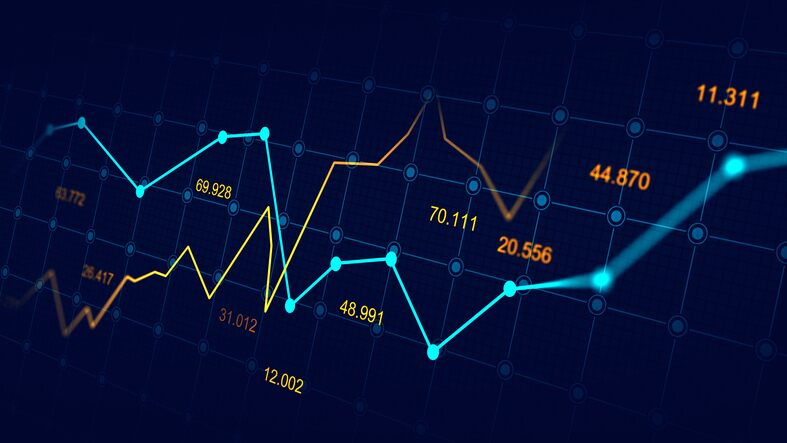Everything You Need To Know About Islamic Swap-Free Forex Accounts
Many Islamists would love to trade on the forex market but aren’t able to do so. You may be wondering why. Well, Forex trading is forbidden by Sharia Law. Although trading is considered haram by Islam, it is still possible to trade forex for Islamists. They just need to find an Islamic Forex account that is specifically designed for Muslim traders so they can trade without swap fees. We have covered the topic of Halal Trading and where you can find Islamic Forex accounts in this article.
When it comes to trading, Islam requires that a person adhere to certain principles. Gambling is prohibited in Islam. Therefore, Islamic accounts must not allow forex trading to be compared with normal gambling. In the same way, traders must not view trading as gambling. Second, traders must be aware of the fact that they can’t pay or receive interest rates while trading. Interest rates in Islam are considered “riba”, which is a sin. Islamic traders should avoid brokers that charge interest for trading. It is also mandatory to ensure that rewards and liabilities are equally distributed. In relation to trading activities, it is also necessary that there are instant transactions.
An Islamic account is simply a forex trading account that follows the ethical and moral principles of Islam. These accounts are subject to certain conditions that ensure fair and responsible trading. Many Islamic accounts do not have debt instruments because they aren’t considered wise investments. Why is this? There is a default risk associated with debt instruments. Many Islamic accounts do not have interest on loans, which means that traders can make transactions without having to pay interest.
A trader who leaves a position open overnight is subject to interest. Swaps are not allowed in Islamic accounts, which is a different situation from forex accounts. Forex trading is forbidden in Islam if it involves swap fees. Muslims can trade with Islamic trading accounts. Commissions are therefore determined differently. When Islamic accounts are used for trading, Muslim clients have to bear various costs such as administrative costs and margin. These costs do not affect Riba Haram’s business goals. The biggest difference between standard and Islamic accounts is the fact that Islamic accounts don’t have any swap commissions.
CFD trading is considered halal by some, while others consider it haram. Before choosing a broker, it is important for Muslim traders to verify the beliefs of the broker. It is a good idea to consult a religious leader before opening a trading account in order to verify that the account features are consistent with their beliefs.




